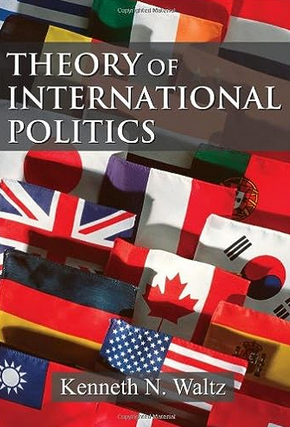LEAD-IN
READING CHAPTER
Chapter 1 Laws and Theories
Before you read
1. What do you know about the author of the text? What is his contribution to the theory of international relations? Have you read anything by this author before?
2. Skim the text very quickly and say who it is intended for.
3. What is the register of the text?
While you read
I. Read the first four paragraphs carefully, pencil in hand and
1) find the following words in the text; try to guess their meanings using the context
remedy (verb)
vie (verb)
invariant (adjective)
imputation (noun)
pertain (verb)
conjecture (noun)
viable (adjective)
2) find Russian equivalents of the words above
3) match the words from the list with their less formal synonyms
vie
invariant
variable
imputation
pertain
conjecture
viable
remedy
guess
refer
accusation
factor
compete
correct
unchanging
workable
II. Read the whole text of Chapter 1 very attentively and elucidate on the following notions from the text
law
theory
description
explanation
correlation
causation
induction
deduction
hypothesis
After you read
I. Answer the following questions
1. What is the difference between dependent and independent variables?
2. What is the role of probabilistic thinking in science?3. What is the ‘inductivist illusion’?
4. What is the difference between laws and theories in science?
5. How do people come up with theories?
6. Why are theories important?
7. How to assess the quality of theories?
II. Summarise the ideas of the chapter. Assess the text critically according to the following criteria:
• novelty (have you learned anything new?)
• relevance (is this information relevant? Will it be of any use in your own research paper?)
• complexity (was it hard to grasp the main ideas of the text?)


